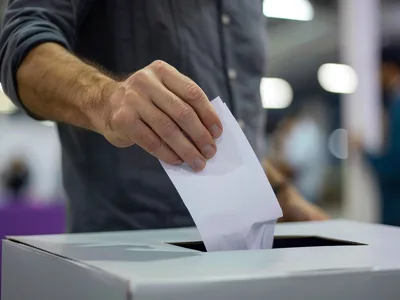Changes among government control will likely lead to a different direction for gambling
Norway’s recent election results are expected to slow any significant changes to the country’s gambling laws, keeping state-owned operator Norsk Tipping in a secure position for the foreseeable future. The Labour Party, which secured victory to remain in office, has long supported the monopoly system, meaning existing restrictions on foreign and unlicensed operators are likely to remain in place. Tools such as payment blocking and domain restrictions will continue to be used to limit outside competition, ensuring Norsk Tipping retains control of the market.
While Labour held on to power, the election also highlighted growing momentum for the Progress Party, a right-wing populist group that has pushed for broader gambling reforms. Their rise to become the main challenger suggests that the debate over whether to open Norway’s market to other operators is far from over. For now, however, industry observers expect little movement on the issue during the next four-year parliamentary term.
This outcome places Norway at odds with several of its Nordic neighbors. Denmark and Sweden have both abandoned monopoly systems in favor of licensing regimes, while Finland is in the process of phasing out its monopoly, with new rules expected to take effect by 2027. Norway’s decision to stand firm therefore leaves it increasingly isolated in the region’s approach to online gambling regulation.
The timing of Labour’s renewed support also comes during a turbulent moment for Norsk Tipping. The operator has faced scrutiny after mistakenly sending SMS messages to 30,000 people about inflated winnings, a blunder that led to the resignation of its CEO and a NOK 43 million fine from the Norwegian Lottery Authority. Even with these challenges, the monopoly remains backed by the government, and the election outcome indicates that major structural reforms to Norway’s gambling market are unlikely in the near term.

